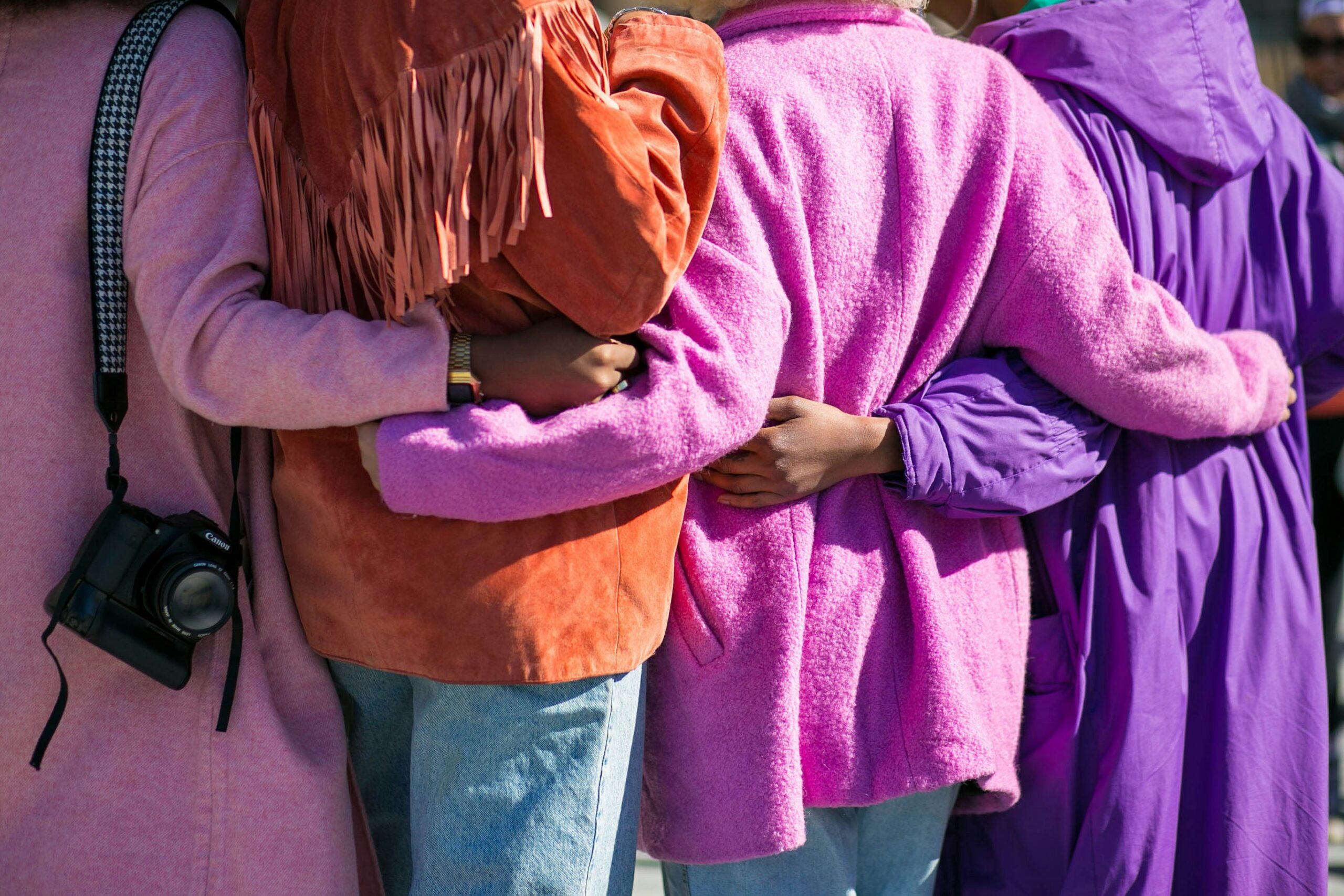

Introduction
Sports have a unique ability to transcend boundaries and bring people together. Whether it’s the excitement of a local football match or the camaraderie found in community leagues, athletics create shared experiences that foster connections. From cheering on your favorite team to participating in friendly competitions, these moments cultivate relationships that can last a lifetime.
In an age where digital interactions often overshadow face-to-face connections, sports provide an essential platform for building meaningful ties within communities. They invite everyone—regardless of background—to come together and celebrate their passion for play. Let’s explore how sports serve as a vital thread weaving through the fabric of our neighborhoods, promoting unity and connection among diverse groups of people.
The Power of Sports in Bringing People Together
Sports possess a unique ability to unite individuals from diverse backgrounds. Whether it’s a local soccer match or an international championship, the excitement is palpable. Fans gather in stadiums, living rooms, and parks, sharing moments of joy and heartbreak together.
The thrill of competition creates bonds between players and spectators alike. People cheer for their teams with fervor, forming connections that transcend age, race, and culture. These shared experiences foster friendships that might not have developed otherwise.
In communities where divisions often exist, sports serve as a common ground. They offer opportunities for collaboration and understanding among participants. Every game becomes more than just an event; it transforms into a celebration of unity.
Through victory or defeat, the camaraderie formed on the field lingers beyond the final whistle. This powerful aspect of sports can ignite passion while nurturing relationships that last long after the games are over.
Building Community Through Teamwork and Camaraderie
Teamwork lies at the heart of sports, and it’s a catalyst for community building. When individuals come together for a common goal, bonds naturally form. Each player learns to rely on one another, fostering trust and connection.
The camaraderie developed in team settings extends beyond the field or court. Shared victories and defeats create lasting memories that strengthen relationships. These experiences often lead to lifelong friendships rooted in mutual support.
Moreover, teamwork teaches important life skills such as communication and problem-solving. These lessons aren’t confined to sports; they translate into everyday interactions within the community.
Sports also bridge generational gaps by bringing different age groups together. Parents cheer alongside their children while coaches mentor young players. This intermingling cultivates an environment where everyone feels valued and connected—an essential foundation for any thriving community.
Positive Impact on Mental and Physical Health
Engaging in sports offers a wealth of benefits for both mental and physical health. When individuals participate in physical activities, they release endorphins—the body’s natural mood elevators. This can lead to reduced feelings of anxiety and depression.
Beyond the chemical reactions, team sports foster social connections, which are vital for emotional well-being. Sharing victories and challenges with teammates creates strong bonds that elevate one’s sense of belonging.
Moreover, regular participation in sports promotes overall fitness. Improved cardiovascular health, strength, and flexibility enhance daily living activities. Feeling physically capable often boosts self-esteem.
Sports also teach resilience through setbacks on the field or court. Learning how to cope with defeat cultivates a growth mindset that extends into all areas of life. The lessons learned from athletic experiences shape character and encourage perseverance beyond the game itself.
Creating Inclusivity and Breaking Barriers
Sports have a unique ability to bridge gaps between people from different backgrounds. They invite participation regardless of age, gender, or race. When individuals come together on the field, social barriers often fade away.
Adaptive sports programs further demonstrate this inclusivity. These initiatives empower individuals with disabilities to engage fully in athletic activities. By promoting accessible environments, we can encourage everyone to join the fun.
Community events centered around sports foster understanding and appreciation among diverse groups. They create spaces where friendships blossom beyond differences.
Moreover, youth leagues teach valuable lessons about respect and teamwork early on. Children learn that everyone has something special to contribute, cultivating empathy for one another.
As teams unite toward common goals, they highlight shared passions rather than divisions. This camaraderie fosters lasting relationships that extend well beyond sporting events and into daily life.
Conclusion: The Enduring Value of Sports in Fostering Connection within Communities
Sports have an incredible power to unite people. They break down barriers and create a sense of belonging that transcends individual differences. Whether it’s cheering for a local team or participating in community events, sports cultivate connections among individuals from various backgrounds.
The teamwork involved in sports fosters camaraderie, teaching valuable lessons about collaboration and communication. These experiences build trust and friendships that often extend beyond the playing field. As players bond over shared challenges and victories, they forge relationships that can last a lifetime.
Moreover, engaging in sports positively impacts mental and physical well-being. It promotes active lifestyles while providing an outlet for stress relief. The joy found in movement encourages both personal growth and collective happiness within communities.
Inclusivity is another vital aspect of sports culture. Events designed for everyone—regardless of age, skill level, or background—create opportunities to connect with one another authentically. This open environment allows for meaningful interactions that enrich the fabric of community life.
The lasting value of sports lies not only in entertainment but also in their ability to foster genuine connection among individuals. By embracing this spirit together, we strengthen our communities through shared experiences and mutual support.
